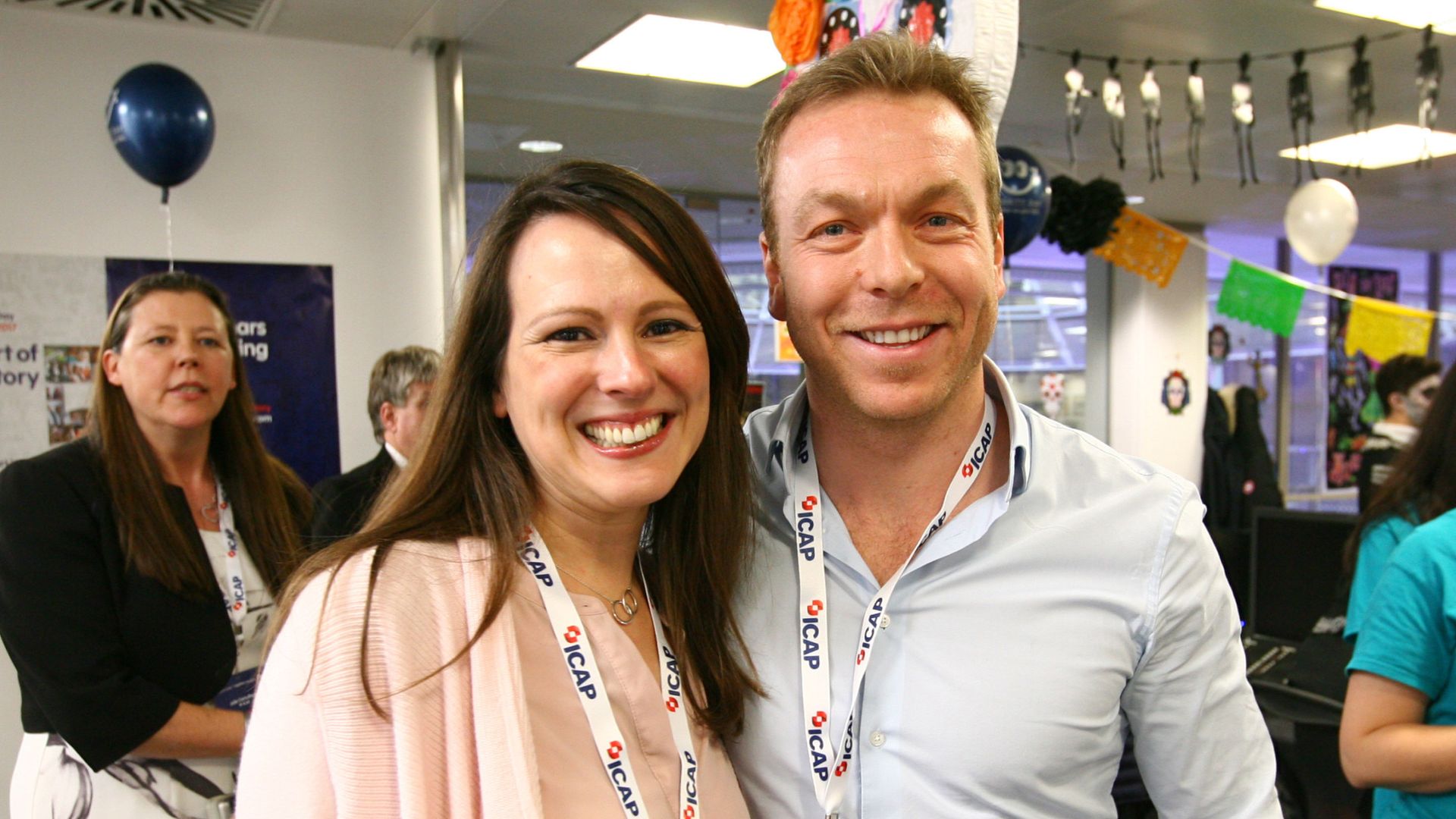
PORTLAND, Maine — Swelling Albanian accordion music backed by a Guinean drum, topped off with Romany-flavored guitar and Latin-tinged, oom-pah bass lines from a tooting euphonium filled the empty house at Mayo Street Arts on Wednesday night.
Spanish lyrics morphed into French, English and Albanian chatter when the tune finally came to a finish beneath a roaring, international crescendo. Given the multi-ethnic, intergenerational makeup of the band rehearsing on stage, their music sounded like a miraculous creation.
It is.
Held together by mutual admiration and a shared belief in music’s sacred power to overcome differences, the five-piece band makes it work.
They call themselves Bondeko, the Lingala word for “brotherhood.”
Though from around the globe, members now live, work and make music together in Maine. Last year, they traveled to Albania where they recorded their first album — partially in tribute to their eldest, and most revered, member. Next week, they’ll finally release the record during a special concert in Portland.
“Language is not a barrier. We accept each other in music — even if music is not perfect,” said band percussionist Namory Keita. “No music is perfect. Music is just understanding each other and all the good in all of us.”
Keita is an internationally known master Guinean drummer, who travels the world teaching others what he knows about percussion. He lives in Portland and joined the band a few years back in the most Maine way possible.
“We met in the Hannaford parking lot,” said Orson Horchler, the band’s titular ringleader.

After bumping into each other, Horchler both asked Keita to join the band and hired him on at the small construction company he runs, also called Bondeko.
Like the rest of the band, Horchler has an international view of culture and music.
Born in Philadelphia to a French mother, he was raised in the suburbs just north of Paris. As a teenager, Horchler moved to Maine, living with his Hungarian father, in Ellsworth.
Horchler writes songs and plays guitar in the band, singing in English, Spanish and French.
Accordionist and singer Ylli Brekofca, 71, is Bondeko’s oldest member.
In 2016, Brekofca left his home in Albania to look for a better life. In December that year, Brekofca landed in Portland. He was 64 years old and starting over.
Brekofca had left behind anything he couldn’t fit into two small suitcases — including his accordion. The instrument had been his constant companion since childhood. It was just as well, he thought, nobody in Maine would care about Albanian music.
But he was wrong.
Horchler met Brekofca in early 2017. They both showed up to a musical jam session put on by the Maine Access Immigrant Network. But Brekofca didn’t have an instrument to play.

With the help of friends, Horchler remedied that situation and presented Brekofca with a gleaming, red accordion. Recalling the moment today, Brekofca still clasps his hand to his heart.
The two have been playing music together ever since. Brekofca also works at Horchler’s construction company.
Rounding out the band are Horchler’s 18-year-old son, Leo, on percussion and Ray Saperstein of Cape Elizabeth on euphonium. The younger Horchler brings a hip-hop flair to the band’s beats, and Saperstein has extensive horn-playing experience in Latin and jazz bands.
“I’m not an immigrant, but I definitely identify with those who are,” Saperstein said. “My mother was a refugee. I’m a first-generation American.”
After playing around Portland for a few years, Bondeko recorded its first album last August. Members decided to do it in Albania for two reasons.
First, it would be a lot of fun.
Second, it’s a tribute to Brekofca, who has had the hardest time acclimating to life in the United States.
He speaks the least English, his bandmates say, and spends the most time alone and isolated here. Still, they look up to Brekofca and his hard-won musical mastery. So they recorded in Brekofca’s home county, near his family, out of respect.
“Playing music with him is an honor for me,” Keita said. “He has been making people happy with his music longer than I have been alive.”
Horchler agrees.
“There’s such a youth cult of music in the West — and it’s not normal,” he said. “Music is like anything you do all the time, you’re gonna keep getting better with age. We respect somebody who’s older in music. We love being intercultural and also intergenerational.”
When Horchler first told Brekofca the rest of the band wanted to record in Albania, he didn’t believe him.

“I thought he was joking,” Brekofca said. “But once I saw it was really happening, I was ecstatic about it — and so was my entire family back in Albania.”
Upon arrival, Horchler and his son, Leo, were treated to a party with Brekofca’s extended family. Then, when Keita arrived a few days later, the same thing happened all over again.
To get the recording job done, Horchler rented a ramshackle villa on the outskirts of the Albanian capital, Tirana. He also hired Ady Parzentny of Hit the Road Music Studio. Parzentny specializes in recording musicians on location with mobile recording equipment. It took the Poland-based producer and engineer three days to drive to Albania.
“The family was so welcoming, and the food was so great,” Keita said.
“I love to travel and discover new cultures, new music,” Parzentny said. “The pressure is off without a recording studio. We were cooking together, eating together, living together and making music together. We had a lot of laughter — and beautiful views.”
Together, Horchler, his son, Keita and Brekofca recorded six songs and music videos at the villa. Saperstein, who’d broken his leg in a motorcycle accident, stayed in Maine and recorded his parts later.
In all, Bondeko was in Albania for 10 days.
After six months of mixing and mastering the audio files and completing the music videos, the band will officially release the album at Mayo Street Arts on Friday, April 14. Band members will also show a couple of their videos, a short documentary about the making of the record and conduct a question-and-answer session with the audience.
The band released the album’s first single, a cover of Manu Chao’s classic song of migration “Clandestino,” four months ago. It already has nearly 150,000 views on YouTube. Another track, which Brekofca sings in Albanian, has nearly 90,000 views on the platform.
With that kind of success before it’s even officially released. Bondeko is already thinking about a second album. When asked where they might record it, Keita shouted an answer.

“Africa,” he said, to laughter and general agreement from his bandmates.
But for now, they want to bask in the success of their first big project together.
Bondeko members said it’s more than just an album. It’s a document about how they found their place, together, in Maine, through music.
“Now, we have a common language only we — in the whole world — know,” Keita said. “I have no family here. This group is my family.”










